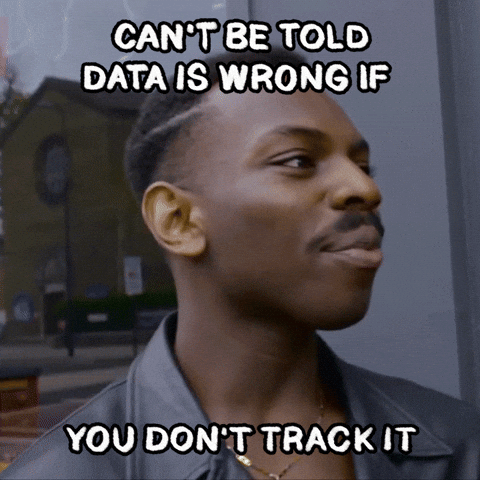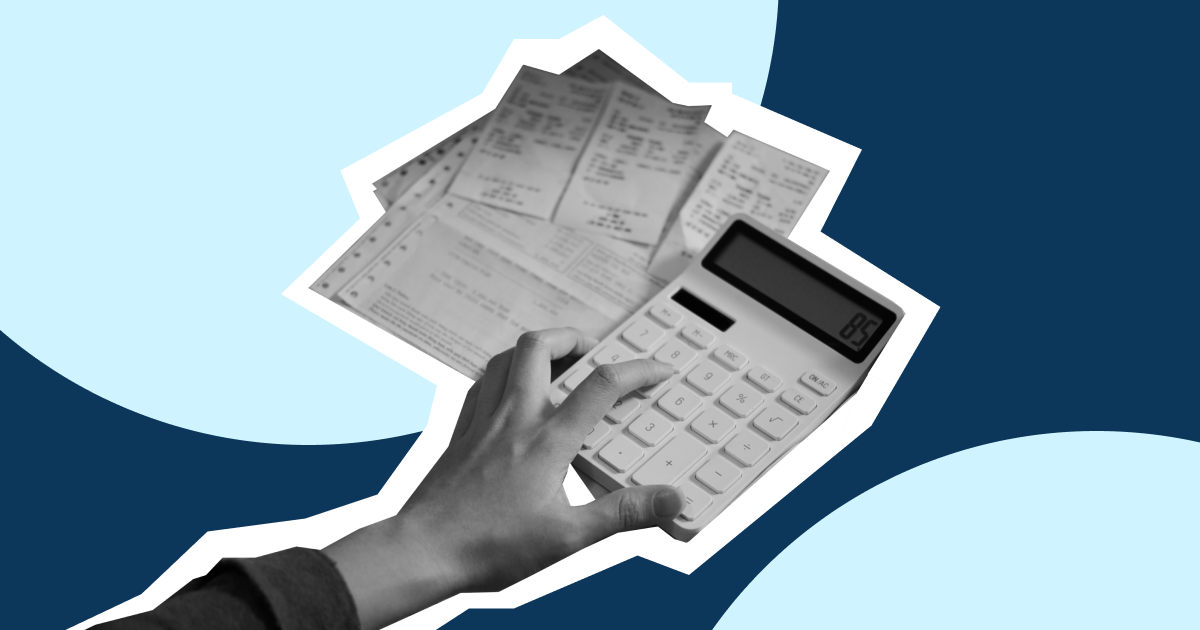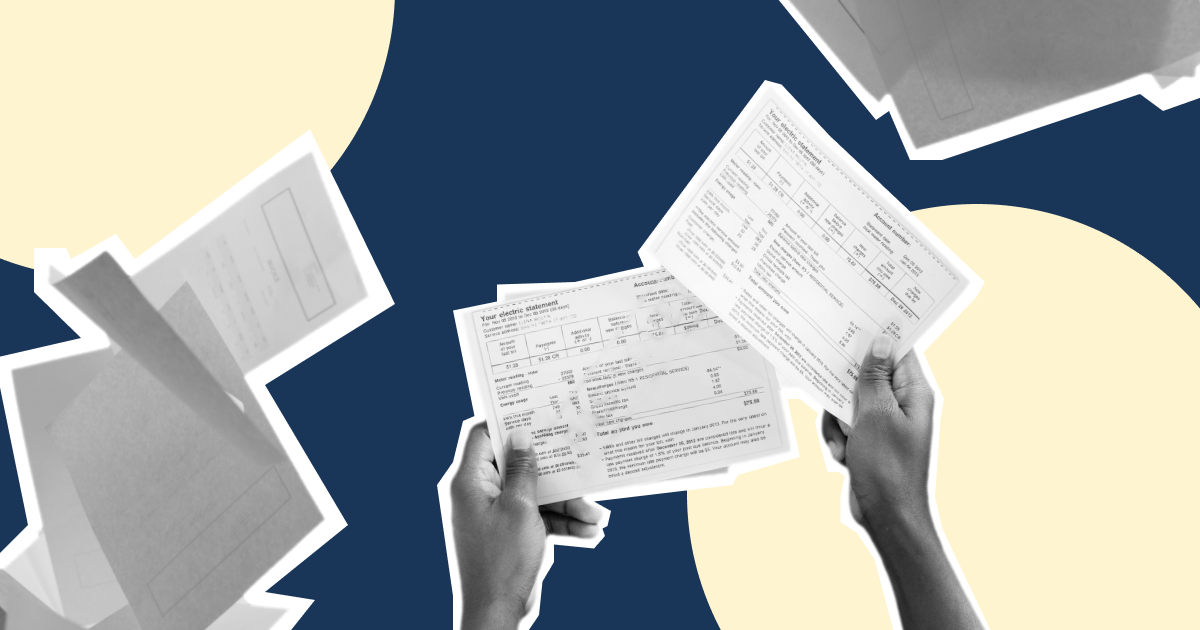Summary
Every business owner dreams of having a thriving and financially successful business. To do this, especially in Singapore's dynamic business environment, it's important to stay on top of your business's finances.
An important aspect is understanding how to classify and manage your business expenses. Regardless of your business size or type, knowing what expense accounts are and how they fit into your accounting system is needed to manage costs, ensure regulatory compliance, and boost profitability.
Expense account includes a specific category that tracks the costs involved in a business's daily operations. Whether advertising expenses, insurance payment, salaries of employees, utility expenses, rent expense, etc., these are all business expenses.
Understanding your business's expense accounts is needed to ensure where and how much your business spends. It helps obtain insight into understanding whether your business expenses support your business goals. Tracking and maintaining detailed expense accounts helps comply with the accounting standards.
In this article, you will be introduced to what expense accounts mean, their categories and types, and everything related to them to make good business decisions.
Understanding Business Expenses
A business expense account is a detailed record of the costs incurred for your business over a specific accounting period. It helps track the daily expenses by dividing them into different categories. For any expense to qualify as a business expense, it must fulfil these two conditions:
- The expense must be considered ordinary or should be required for business operations.
- The expense must also be necessary for the business or commonly occur for businesses in the same field.

Expense categories and types
Operating expenses
Any expenses needed to run your daily operations, but not directly related to production, are known as operating expenses. Common examples include the direct cost of labor, such as wages and salaries, the cost of office supplies, and administrative fees.
Cost of goods sold (COGS)
While operating expenses are needed to ensure the business is up and running, the cost of goods sold refers to the costs incurred for producing a specific product. This includes raw materials, direct labor, storage costs, freight charges, and other overheads directly related to a production facility.
Capital expenses
Capital expenses are all expenses that aren't directly incurred during daily operations but are needed to set the stage for production and operation. For instance, any assets purchased by the company, such as vehicles or a factory, are capital expenses. Any capital expense incurred by a business increases the value of its assets.
Variable expenses
As the name suggests, your business might incur certain expenses that vary according to different factors. One example of a variable expense would be any commission-based compensation paid. The commission paid will vary depending on the number of sales an individual makes.
Fixed expenses
Some expenses are recurring and fixed. Your business incurs them every month, and they stay the same, such as the rent and employee salaries.
Recurring expenses
Though these expenses aren't fixed, they occur multiple times over a given accounting period. The amount might vary, but the nature of the expense stays the same. These expenses are not regular but essential to operating a business. Examples include insurance premiums, software subscriptions, and marketing and advertising costs.
Interest expense
These expenses are classified as non-operating expenses. It means they aren't directly related to the daily operations of a business but are incurred whenever you have borrowed funds or have debt. For instance, any credit card debt incurred by your business attracts interest payments.
Incidental expenses
Any expense incurred that isn't planned and is typically a one-off is known as an incidental expense. These are additional costs apart from the regular expenses, such as any incidental expenses at a hotel, parking fees, repair and maintenance costs, etc.
Financial Statements and Expense Accounts
Financial statements offer a bird's-eye view of a business's financial position and activities. It refers to a set of formal records, including key financial statements such as:
- Balance sheet
- Income statement
- Cash flow statement
- Statement of shareholder's equity
Your business's expense account directly or indirectly affects all financial statements prepared. As mentioned, the expenses account includes all business-related expenses. They are recorded as debits reflecting an outflow or a consumption of resources. For instance, the income or profit and loss statement reflects the business's net profit.
Net profit = Total revenue – Total expenses
This statement will not reflect the true net profit unless the expense account is properly maintained. Though expenses don't show up on the balance sheet, their overall impact in the form of net profit is added here.
Similarly, expenses account also affect the cash flow of a business and are included in the cash flow statement. Any discrepancies in the expense accounts will result in discrepancies in other financial statements. In a way, expense accounts are essentially the building blocks of financial statements.
Deductible Expenses and Tax Implications
According to the Inland Revenue Authority of Singapore (IRAS), some business expenses qualify for a tax deduction. Any expense borne by your business that is wholly and exclusively incurred in the production of income is known as a deductible business expense. The IRAS lists three conditions that a business expense must fulfill for it to be a deductible expense:
- The expense incurred must help your business generate products, such as advertising. However, the cost of fuel used for your private car isn't a deductible expense.
- The expense should be such that you have a legal liability to pay for it. For instance, any insurance contributions made by a business are a contractual obligation that must be fulfilled and, therefore, are a deductible expense.
- The expense must not be for the purchase of fixed assets. For instance, stationary supplies for your office can be a deductible expense, while land acquired for a new production site isn't.
All deductible expenses reduce a business's taxable income because these expenses qualify for a direct deduction from the total revenue generated. You can reduce your business's tax liability by keeping track of all the deductible expenses incurred.
Some common deductible expenses are:
- Rent and lease
- Employee salaries and benefits
- Office supplies and consumables
- Advertising and market expenses
- Business travel expenses
- Employee training expenses
- Insurance premiums
- Repairs and maintenance
- Bad debts
- Donations
- Depreciation expense
Cost of Goods Sold and Expense Accounts
Costs of goods sold (COGS) and expense accounts are essential aspects of financial reporting in Singapore. Though they are distinct, they are interconnected. The purpose of the cost of goods sold account is to keep track of the direct costs incurred by a business to produce goods or render services. An expense account covers all indirect administrative and operating costs incurred to conduct its business. Common examples of COGS include raw material, manufacturing overheads, direct labor, etc., while the expense account includes the rent paid, utility bills, marketing costs, salaries, etc.
COGS affects your business's gross profit (Gross profit = Revenue – COGS), while expense accounts affect the net profit (Net profit = Gross profit – Operating expenses – Other expenses).
Goods Sold and Revenue Recognition
All the services or physical products a business delivers to its customers in exchange for payment are collectively termed as "goods sold." Once a sale occurs, the ownership or control of the goods is effectively transferred from you to the buyer or customer.
An important principle of accounting is revenue recognition. This concept determines when and how any revenue the business obtains is recorded in its financial statements. There's a direct relationship between the goods sold and revenue recognition. Your business can record the revenue once it has fulfilled its part of the sales contract. It's not just the delivery of goods that triggers an entry for bookkeeping, but the timing, too. After all, the point at which revenue is recognised affects your business's income statement by recognising the revenue. In turn, this affects your gross profit.
For instance, revenue can be recognised by a service provider once the service is complete, and for a retailer when the goods are delivered to the customer.
Double-entry Bookkeeping for Expenses
The double-entry system of bookkeeping is based on the simple premise that every transaction affects at least two accounts. This means every transaction has one debit and one credit aspect. This ensures the accounting equation is always balanced. This is the primary concept based on which all financial statements of a business are prepared. The rule is that your business's assets must be equivalent to its liabilities and equity.
Here's the accounting treatment for an expense:
Whenever an expense is incurred, a corresponding debit for the same amount is made in the expense account. The offsetting credit usually reduces the cash account (if cash is paid immediately) or is added to the accounts payable account (if it's to be paid later).
Here's an example using a business expense account format to understand the double-entry bookkeeping system for common expenses. For instance, assume you paid S$4000 as office rent through a bank transfer. This entry will be:
Cash Flow Management and Expenses
The process of monitoring, analysing, and optimising the business's cash inflow and outflow over a specific period is known as cash flow management. An extremely important aspect that influences your cash flow is the expenses incurred. Business expenses increase your cash outflow. By keeping track of your expense accounts, you will be better equipped to manage your cash flow by tracking and recording the expenses.
Accurate cash flow management is needed to ensure you avoid cash flow problems. It also helps plan and forecast to ensure the expenses are taken care of without causing a shortage of funds. Efficient management of expenses also ensures working capital is optimised and frees funds for growth and emergencies.
Different Accounts and Expense Tracking
You were introduced to different types of expense accounts, which can be classified as operating expenses, non-operating expenses, and cost of goods sold.
Expense tracking is an area that cannot be overlooked to fully understand your business's financial standing and performance. When all expenses are tracked accurately, you will know where your money goes and how well it's being used. This insight is needed to identify areas for cost reduction and to improve your financial performance. Here are some tips for expense tracking.
- Maintain an organised account of all your accounts for accurate financial reporting and audits.
- Implement a spending approval process to verify the payments and reduce unauthorised spending.
- Digitise all related receipts of expenses to improve accuracy and reduce paperwork.
- Regularly reconcile your business accounts to avoid discrepancies.
- Regularly review and analyse expenses to identify any patterns to ensure optimal fund allocation and cost reduction.
- In addition to these tips, various accounting software can be used to track and record expenses.

Best Practices for Expense Account Management
- Keep the business accounts separate from your personal accounts. For instance, avoid using your personal credit card for business payments and vice versa.
- Maintain good bookkeeping to avoid discrepancies and ensure financial hygiene.
- Keep a record of all receipts according to IRS rules to keep track of all deductible expenses.
- Timely reconciliation of accounts is needed to detect any possible fraud and avoid accounting errors.
- An expense approval process must be implemented to prevent unauthorised spending and to check whether a specific expense is needed.
- Train your employees so they understand your business's expense policies and reimbursement procedure to ensure compliance and reduce errors.
- Technology such as expense management software can be used to track expenses and categorise them, reducing the risk of human errors.
Expense Account Analysis and Review
Every business must regularly review and analyse its expense account to identify any areas for cost-cutting. Similarly, it also helps understand the best use of the available resources to make informed decisions. Another benefit of expense account analysis and review is that it helps understand your business's financial performance. All this helps identify areas for improvement and make the needed changes to ensure your business stays competitive and can achieve its goals. Ultimately, all these steps ensure your business thrives while unnecessary cash outflows are plugged.
Conclusion
Understanding and managing expense accounts is one thing you cannot overlook as a business owner. Learning to categorise your business expenses correctly, following bookkeeping principles, and staying compliant with IRAS regulations helps achieve financial clarity and stability. Accurate expense tracking not only ensures proper financial reporting and compliance but also helps improve cash flow and optimise resource allocation.
Partnering with Aspire ensures all your business finance needs are handled in Singapore. Aspire is an all-in-one platform that will help streamline your business from expense tracking to tax compliance. Once armed with their tools and guidance, you can confidently grow and manage your business.










%201.webp)


.webp)